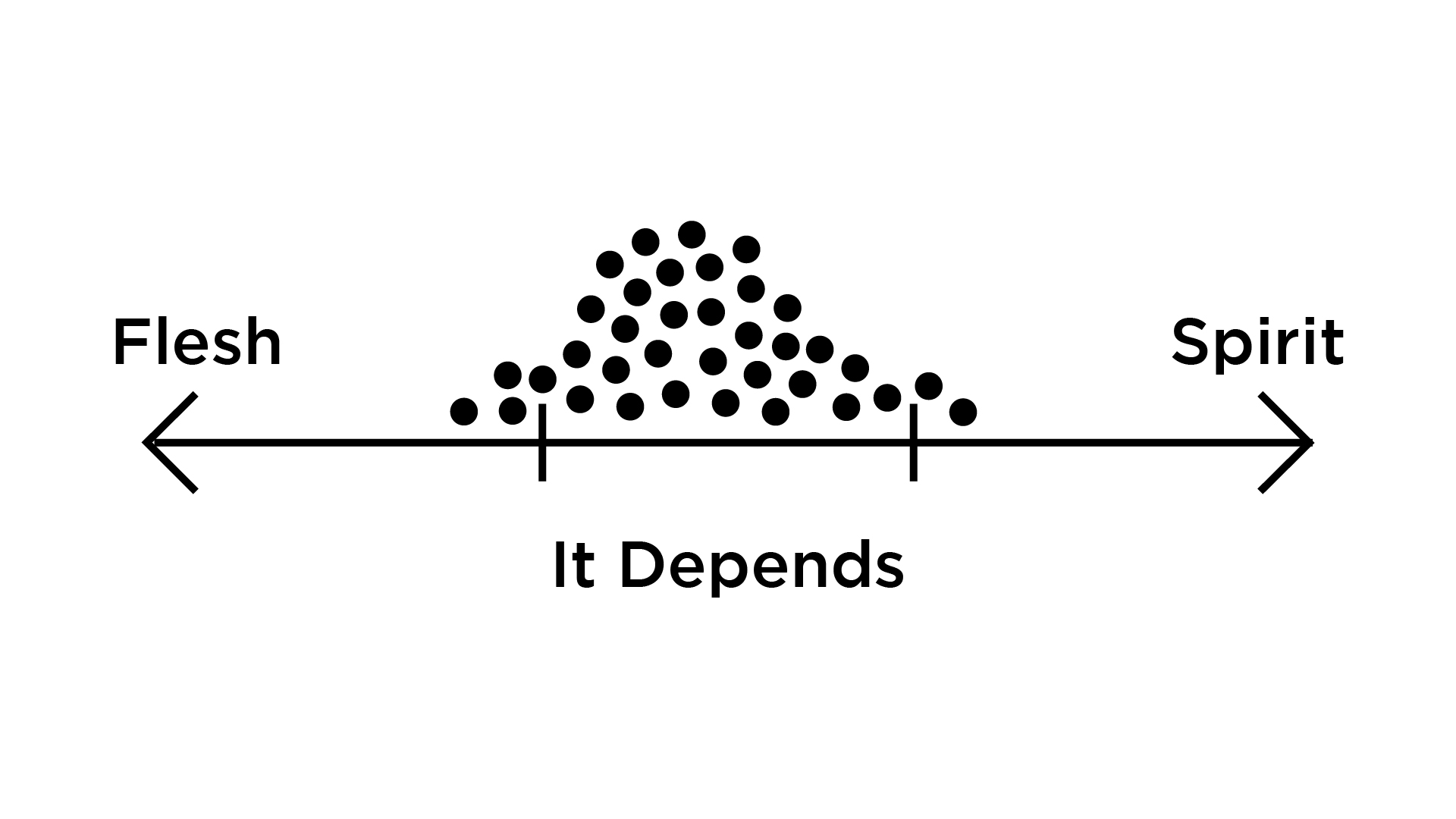This week in our Personal Liturgy series and focus on distraction, we looked at busyness distraction. Throughout the past three weeks, we’ve defined distraction as: the inability to focus on God because of lesser things.
Busyness Distraction is: the inability to focus on God because our lives are overfilled.
Types of Busyness:
- Some “busyness” is just life responsibilities.
- There is a category for “good busy” that acknowledges the hard things and responsibilities in life that we have to carry.
- Some busyness is self-induced. There is another category of busyness that we bring upon ourselves by building our lives in a careless and disorderly way.
Paul addresses this type of busyness in Ephesians 5:15-17.
Look carefully then how you walk, not as unwise but as wise, making the best use of the time, because the days are evil. Therefore do not be foolish, but understand what the will of the Lord is.
- Ephesians 5:15-17
We are called to walk with intentionality and take stock of the way we’re living. Paul is warning us against walking through life in a careless way: always busy, always distracted, rushing from one thing to the next.
When Paul says, “because the days are evil”, he is reminding us we don’t live in a neutral world. This means we don’t naturally or accidentally drift towards the vibrant, flourishing life that God wants for us - we have to actively fight for it and choose it wisely.
The translation, “make the best use of the time”, can also be translated “redeem the time. Paul actually uses the same Greek word for how Jesus redeems us - purchasing us out of slavery to sin. Then he takes that same word and tells us to rescue our time, to buy it back from slavery.
To do so, to redeem our time, we need to understand what the will of the Lord is.
Jesus was absolutely clear on God’s will for his life and as a result, he was freed up to say no to lots of good things that weren’t His things. (Examples - John 6:15, Luke 8, Mark 1:28, Luke 4:42-43, 5:15-16, etc.)
This is a big implication of Ephesians 5. If we don’t know what God’s will for our life is, we’ll never know when to say ‘no’. Saying no is good, but we also need to know what to say yes to. And that requires understanding God’s will for our lives:
What is God’s Will For Us
There are some non-negotiables for all Christians (Luke 10:27). God has called us to:
- A Jesus-centered life.
- Love Jesus’ family.
- Love those who aren’t a part of Jesus’ family (yet).
In addition, there are personal non-negotiables:
- Are you married? God’s called you to love your spouse and take care of him/her as a privilege, not a burden, to encourage them with sacrificial love as a little picture of Jesus’ love for them.
- Do you have kids? God’s called you to take care of them, providing for them, protecting them and shepherding them to do everything you can to help them see God’s love for them in Jesus.
- Other family members to take care of (elderly)?
On the other hand, there are some personal negotiables that should be coming after our non-negotiables:
- Where are you going to work and live?
- What hobbies and other pursuits are you interested in?
- How might you use your God-given passions and specific interests to serve back into God’s call on your life to be Jesus-centered family on mission?
Questions to ponder and pray over this week:
- What has God created your life for?
- What are your rhythms and intentional ways to get up with God?
- Who are your people? Who has God given you to love?
- What do you need to say no to? Where is the tyranny of the urgent keeping you from making the best use of your time?
None of this is about salvation. None of this is about convincing God to love us. All of this is about the privilege of stepping into God’s invitation to walk in a focussed awareness of His presence and purpose in our lives. We are never better than when we are well aware of God’s presence and purpose in our lives.



















